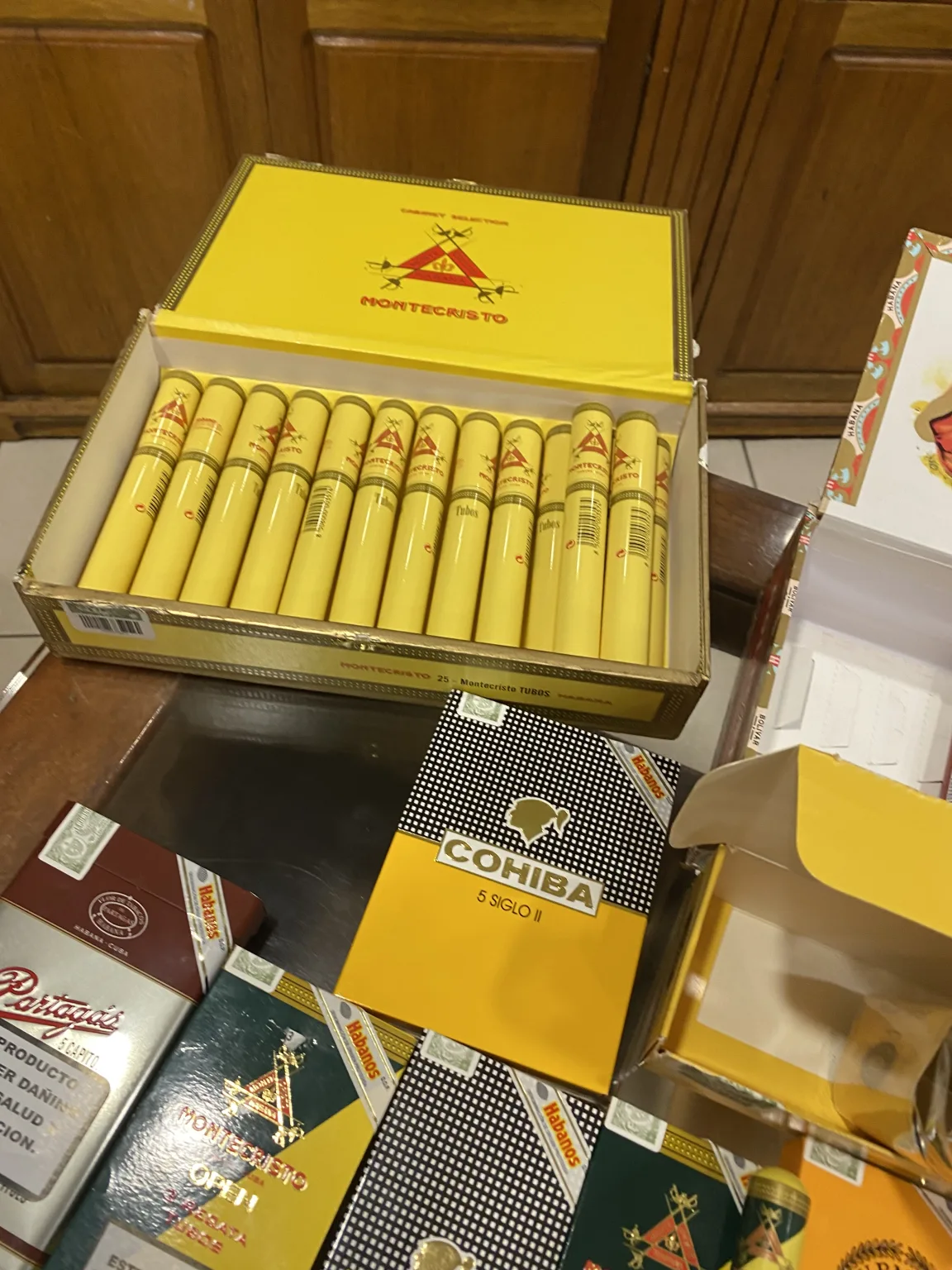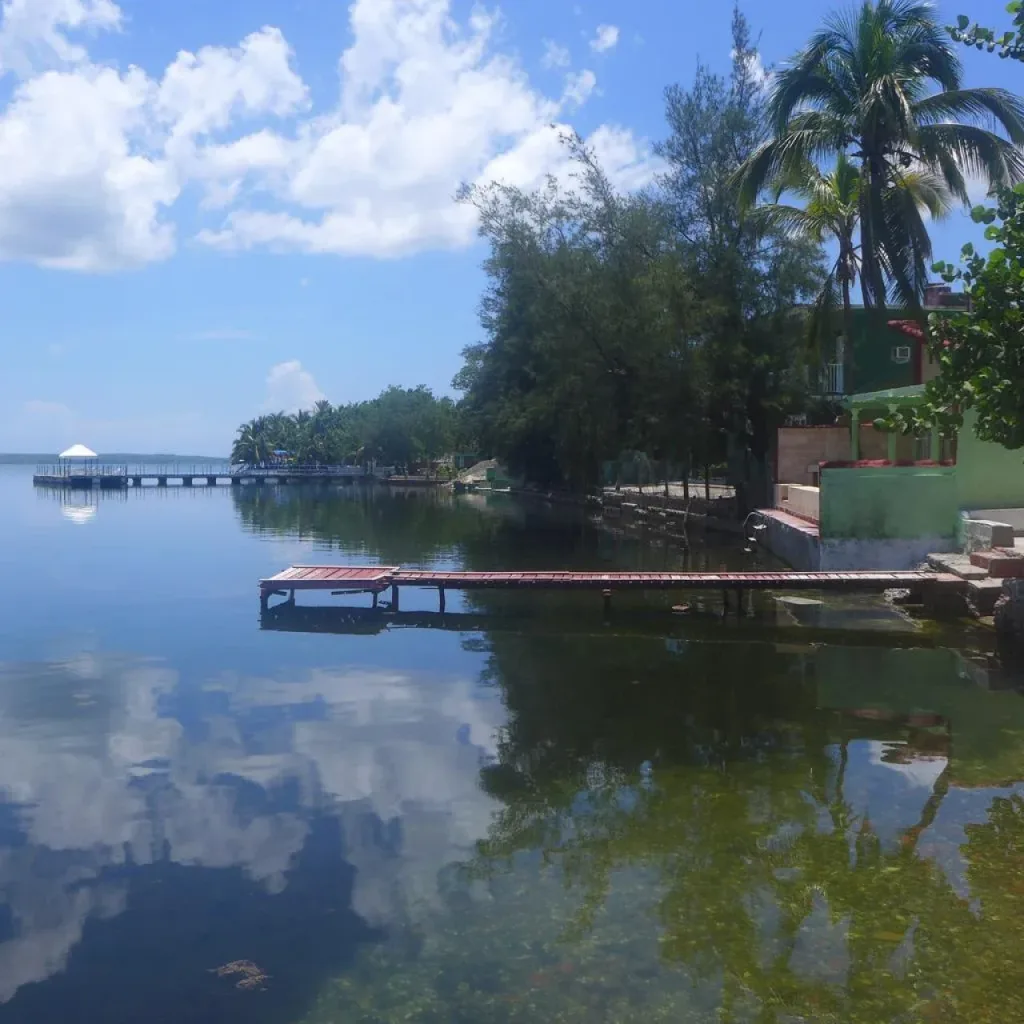Cuban tobacco is an intrinsic part of the culture of the Cuban people, especially for those who see it from other parts of the world. In various regions of the archipelago, excellent plantations are cultivated to make cigars, which after their exquisite elaboration are marketed to the world with great acceptance and recognized quality.
Although its original name is tobacco, on the island, it is also called puros or havanos, because all the raw materials are national from the plantations to the production process which are strictly controlled so that the quality standards are high, in order to continue satisfying the tastes of its habitual international consumers and new followers that progressively are joining in.
Production is influenced by and combines several natural and human factors that favor these plantations, including the soil, the different varieties grown, the climate, and the years of experience acquired by the tobacco growers of this Caribbean nation. There are various processes or ‘styles’ of manufacturing. In the factories of the industry, a more efficient method is used for the process, while in rural areas, it is more organic and slower.
Seeds of these plants have been transferred to other countries in the world, but never have such high-quality harvests been achieved, as Cuba’s environmental and climatological factors are very peculiar and ideal for tobacco. There are many foreigners who, when they visit the island, do not leave without smoking a good Cuban Havana cigar. The joint venture that today is in charge of the commercialization of the island’s cigars is Habanos S.A., which sells them in more than 150 countries, and it is well known that it is almost impossible to find a cigar that comes close to the quality of Cuban cigars.
Today, tourists and shoppers can visit the numerous Habanos shops scattered throughout the island to purchase the various brands and choices of cigars produced in the nation. And, those who are interested in a more natural flavor, can visit the numerous farms and plantations that exist in the Viñales Valley during their visit.




